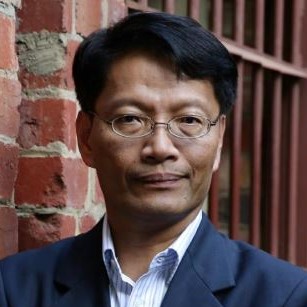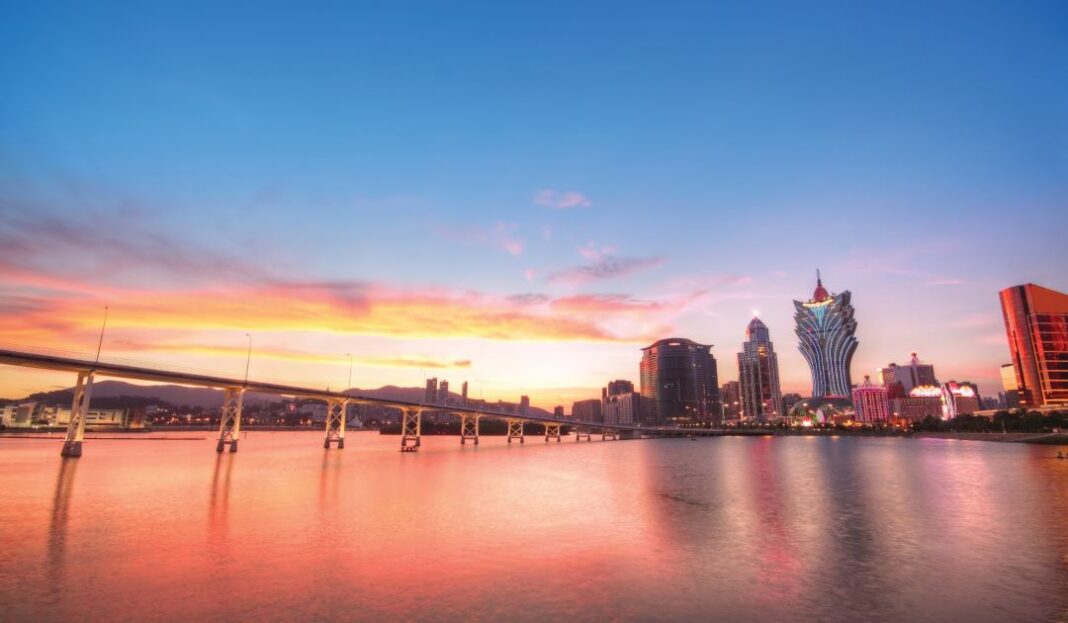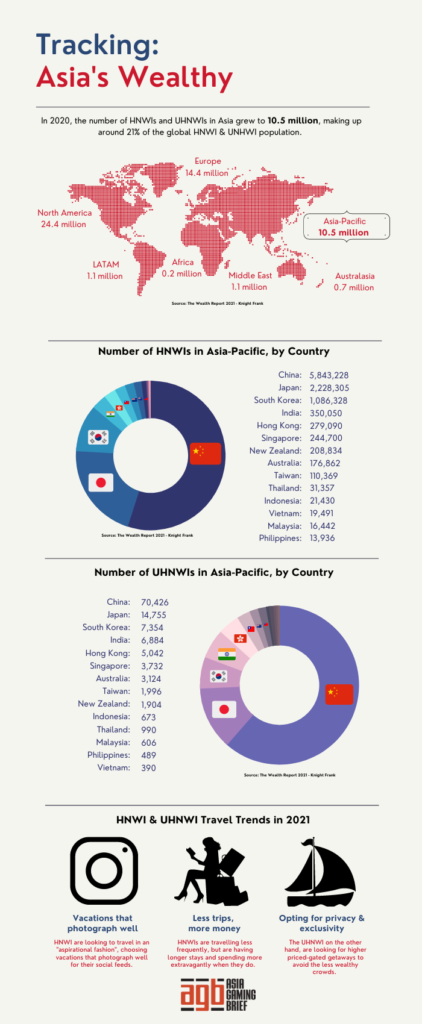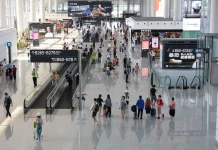Macau’s arrest and detention of Alvin Chau, head of the Suncity Group, is expected to accelerate the demise of the junket industry that helped to create the world’s largest gambling hub. Ben Lee, managing partner of IGamix Management & Consulting, details some of the highs and lows of the junket industry and looks at what’s next for Macau.

Since the mid-80s, junkets have played a pivotal part in Macau’s gaming industry. The first junket ever to operate a fixed VIP room in the Lisboa was the Diamond followed soon after by the Golden Group.
Conditions were very different in those early days. The junkets were allocated a bare concrete shell and had to pay for the interior decoration as well as monthly leasing fees.
STDM which then morphed into SJM took 40 percent of the revenue, ergo the 4:4:2 axiom that ruled the industry. The government took another 40 percent leaving the junkets with just 20 percent, although there were some complimentary ferry tickets and hotel room rebates that were given by SJM, worked back in on top of the junkets’ 20 percent.
If you can’t stand the heat
Enter Sands China and Galaxy Entertainment in 2004 with a new model, one where the casino operator did up the rooms and charged no rental. Galaxy came in with a souped up SJM model, with junkets powering their first property, the Waldo. Whilst Sands did well in the mass market, they struggled to penetrate the VIP segment. Galaxy’s Waldo outperformed Sands in GGR at one stage, despite being a refurbished commercial building, compared with Sands’ new build.
Faced with losing his key junket operators as competition intensified, Stanley Ho embarked on a “surround them” strategy, letting his junket operators convert/upgrade/build satellite casinos all over the peninsula, becoming casino owners and eventually managers in their own right under a reverse 4:2:4 arrangement, with the junkets getting 40 percent in return for laying out the capital and taking over the operating costs. That figure eventually rose above 50 percent as competition became even more cutthroat when Wynn opened its first property.
Responding to taunts of “If you can’t stand the heat, leave the kitchen” from US mogul Sheldon Adelson, Ho flexed his muscle by permitting junket commissions to rise to 1.5 percent before the Macau government stepped in to cap it at 1.25 percent. Even then, Ho managed to keep the revenue sharing arrangement out of the cap, which to this date formed the majority of arrangements between casinos and the junkets, with 47-48 percent (equivalent to ~1.4 percent commission) being common for the top 4-5 junkets.
Suncity as Macau’s top junket, had a market share of just under 50 percent in 2018, rising to mid-50s in 2019 and peaked at 75 percent in the middle of 2020.
Their GGR before Covid was often greater than two out of the six concessionaires. The junkets were kings of the hill in 2013 when Macau’s GGR topped US$45 billion, and buckled in 2014 not due to China’s anti-corruption campaign nor the anti-ostentation campaign that followed soon after, but because of a sub agent named Huang Shan, who disrupted the industry by bilking HK$1.3 billion.
Premium Mass
A new sexy term was adopted by the casino operators in 2014 when some of the VIP players started spending more time hiding in the main floor, so called “premium mass,” which is essentially a conflation of rebadged VIP direct and loyalty program carded mass players.
By denominating them as mass, the operators were complicit in hiding the players from the prying eyes of the authorities. We hear of so-called “premium mass” players who could lose up to US$500,000 and more in one day. By calling them mass, it provided the government with the excuse that the industry was evolving away from the politically unsexy VIP business.
This, however, is contradicted somewhat by the gaming regulator’s steadfast refusal to recognize this category, leading to a glaring discrepancy between the official gaming revenue figures and those published by the publicly listed concessionaires. And foremost with the mass label, it implies a high EBITDA margin, figures of 37 percent oft thrown about despite the fact that the players that generate the bulk of the revenue in question are most certainly sophisticated regular players who play off the casinos against each other for the highest offers.
Industry chatter has player reinvestment as high as 50 percent previously offered by one particular Cotai operator. Although the competition quietened down in 2019, the player reinvestment rate surged again recently rising to 40 percent thanks to another Cotai operator. Where the EBITDA margins appeared to have remained high, credit was the tool to increase volume without sacrificing margins… until a couple of years down the track, but that’s somebody else’s problem.
When asked the question of how these rebadged VIP players get their funds out of China, glib responses of they already have their money out in Hong Kong or they get financing from the junkets are often proffered.
And exactly how do the premium mass marketing executives get their players to come to their property? Waiting for a flood of clients to drop into their arms is a marketer’s dream. Speaking to a couple of casino marketing executives who have since been barred by their casinos from going into the mainland, cold calling was the new pandemic norm. Competition is described as ridiculous to the point where a player can now qualify to be “premium mass” with an ADT (Average Daily Theoretical Win) of a mere HKD1,000 for a brand-new property in Cotai. A far cry from the HK$250,000 to $500,000 of 2014.
While there is no longer any question about the interpretation of the amended law that stipulates a “maximum of 10-year prison term for anyone who organizes mainland Chinese to gamble,” the only pedantry left to quibble about is the definition of “serious amount of money involved.” Even the cold calling across the border has now stopped after the Alvin Chau/Suncity development, from what we hear.
Dismantle to rebuild
Every argument that has ever been voiced for why Beijing would not disrupt Macau’s pillar industry and its relatively harmonious society is now out of the window. It is clear that what used to be tolerated will no longer be. We have seen glimpses of what could be in store with the initial briefing prior to the public consultations on the gaming concessions.
A Macau gaming icon who also happened to be a former member of the Guangdong chapter of the CPPCC is now in detention. Thousands of locals are out of jobs. Billions of patacas will no longer pour into Macau’s public coffers. Macau will not be opening its border to anywhere outside of greater China anytime soon. The news is all doom and gloom.
Yet, there is a glimmer in the distance. Hengqin island has been offered as the solution to Macau’s dilemma. The default currency there will be RMB. Macau’s society has already been socially conditioned to accept digital payments as a norm.
The demographics of the Chinese visitors to Macau are changing, probably the result of a deliberate strategy to target younger non-gambling mass.
Hong Kong is already trialing the E-CNY and Ho Iat Seng, Macau’s CE, is already starting to talk up its eventual introduction in Macau. There is chatter that it could be as early as the end of 2022, although we think 2023-24 is more likely.
The replacement of the HKD with the RMB in Macau will fold the SAR into a single currency jurisdiction with the mainland and it will finally be able to treat the latter as its domestic market. Capital and forex constraints will be elevated from the retail to the concessionaires but that in turn will give the central authorities comfort in allowing more mass into Macau/Hengqin.
The new concessionaires will have to really invest and develop non-gaming amenities instead of paying lip service. Gaming revenue will probably be allowed at an encouraging level to bring the new concessionaires along. Former gaming space will have to be rethought and new usage developed.
The market will probably remain focused on the mainland as this will align with China’s current pivot towards domestic self-reliance.
The operators will have to become more “sinified” as the “international talent” that authorities talked about attracting to Hengqin has since been clarified as “mainland Chinese talent”.
The only question that remains now is who will be worthy of getting a new concession.
Regulatory uncertainty affecting ratings outlook: Fitch
Las Vegas Sands and SJM Holdings have been placed on Rating Watch Negative, while MGM China will also retain that status, due to the uncertainty in Macau ahead of next year’s concession re-tendering process, Fitch Ratings said. The Ratings Watch Negative also affects Las Vegas Sands’s Marina Bay Sands unit in Singapore and its Sands China business.
The firm said the ratings actions reflect the more imminent regulatory risk relating to the concessions, which are set to expire in June of next year. “Near-term credit risk has increased with limited visibility into the re-bidding procedures, how the future regulatory and operating environment will impact cash flows and leverage, and the likelihood and consequences of incumbent operators’ ability to secure a new gaming concession,” it said.
Fitch said it believes the likelihood of the current concessionaires failing to obtain a new license is low, but should not be ignored.
Wynn a special situations opportunity with “saleable” assets
CBRE Securities has resumed coverage on global gaming stocks, saying it favours Wynn Resorts as a unique contrarian play and a potential special situations opportunity should it put its Macau assets up for sale.
The operator is seen as the most exposed to Macau’s battered VIP market, but CBRE said its assets in the city are among the best and will be repositioned to be extremely competitive in the mass and premium mass market.
The operator has the Wynn Macau resort on the peninsula and the Wynn Palace on Cotai. The stock has been penalized for its perceived exposure to VIP, however, assuming it won’t be able to compete in the mass market is flawed thinking, the report notes.
The report said that Wynn has ways of creating value outside of Macau, but “if that doesn’t work, we believe the highly coveted Wynn assets could finally be saleable with a complete changing of the guard following the departure of outgoing CEO Matt Maddox.”






























